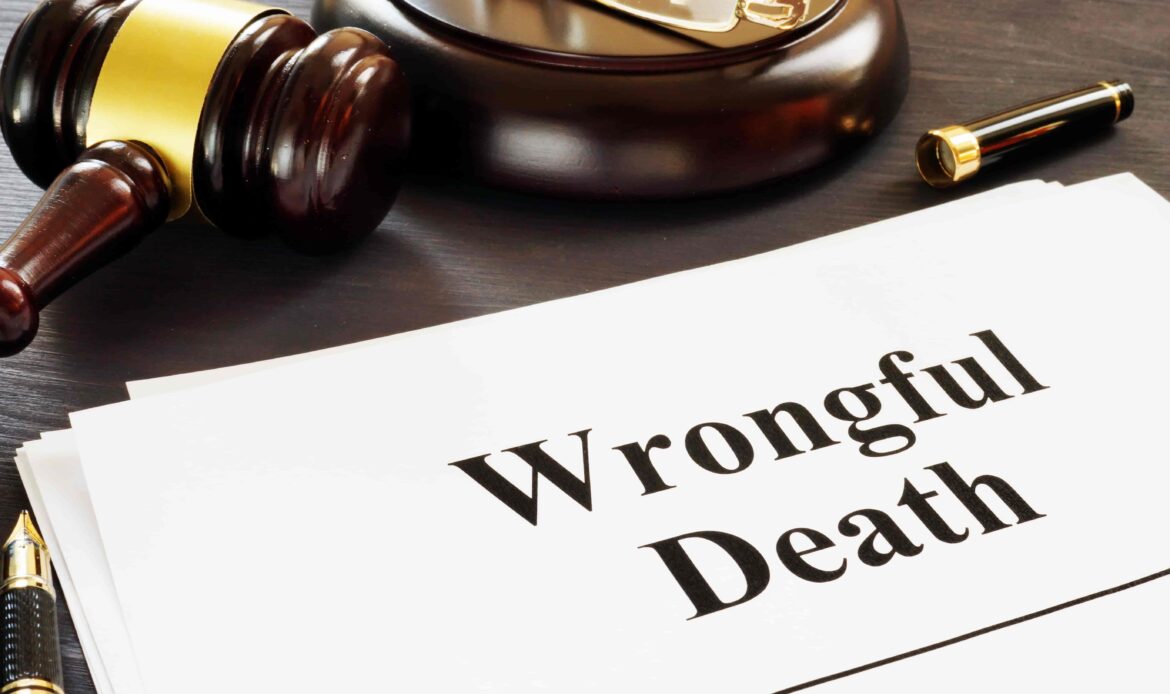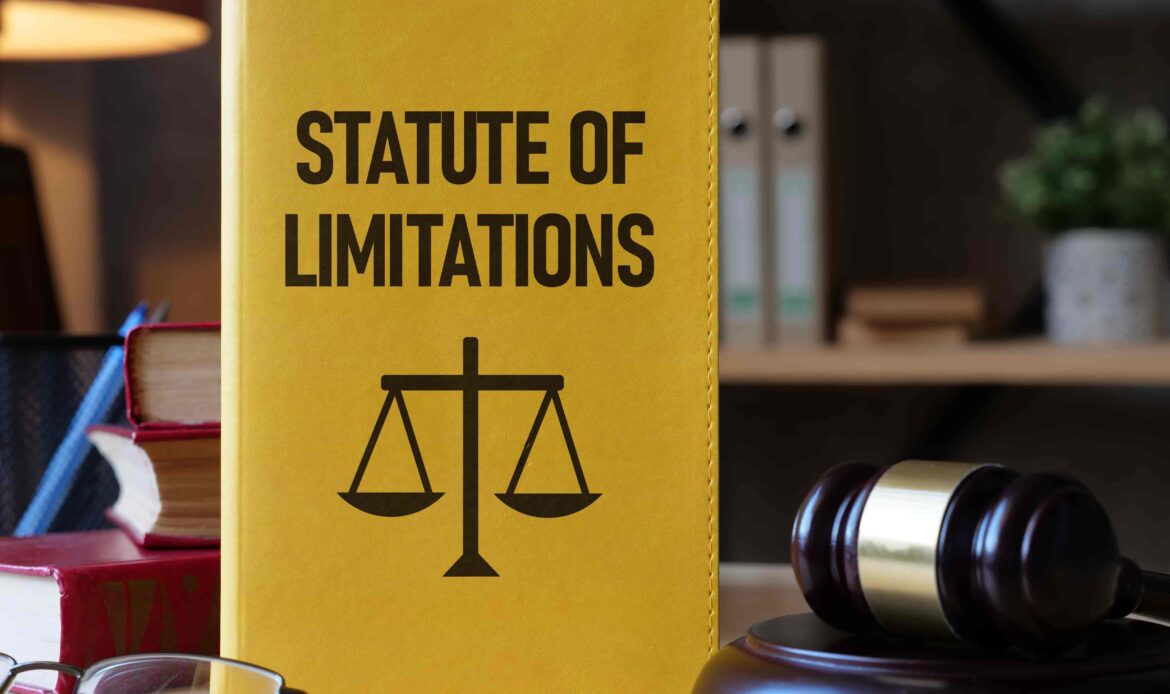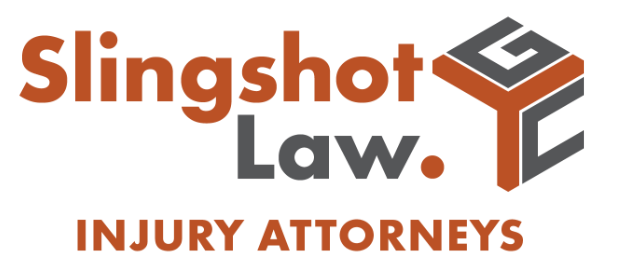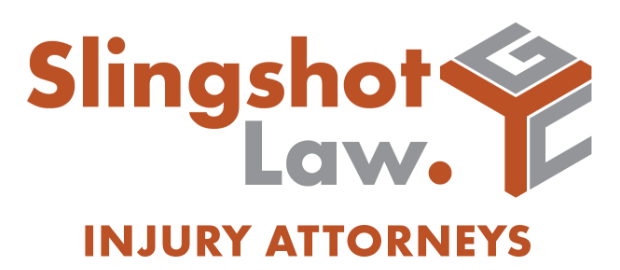The sudden, preventable loss of a loved one due to someone else’s carelessness creates a silence that nothing can fill. When negligence takes a life, Colorado law allows surviving family members to seek justice and accountability through a civil claim, but navigating this legal terrain requires steady guidance.
This pursuit for justice is called a wrongful death claim, and you need to understand that the system often favors large insurance companies. Securing a Grand Junction wrongful death lawyer may be your family’s most powerful first step toward protecting your future after such a devastating event.
If you need clarity on your rights in Mesa County, call Slingshot Law at (800) 488-7480 for a confidential consultation immediately.
Key Takeaways from Your Colorado Wrongful Death Case
- A wrongful death claim in Colorado is a civil action designed to recover the financial and emotional losses suffered by surviving family members, not the deceased person’s pain and suffering.
- Starting in 2025, Colorado’s House Bill 24-1472 allows siblings to file wrongful death claims if there’s no surviving spouse, child, beneficiary, or parent. The existing priority order and one-year filing rules under C.R.S. §§ 13-21-201–204 still apply.
- The statute of limitations for filing a wrongful death lawsuit is typically two years from the date of death, a strict deadline that you must not miss under any circumstances.
- Recoverable damages include both tangible economic losses, like future income, and intangible non-economic losses, such as grief and loss of companionship.
- Insurance companies often contest liability, making experienced legal representation essential to protect your family’s rights.
Slingshot Law: Your Grand Junction Wrongful Death Lawyer

When a loved one’s life is lost because of negligence, your family should be able to focus on recovery, not on fighting corporate insurance companies. At Slingshot Law, we represent families in Grand Junction who are facing powerful opponents that try to deny fair compensation after tragedy.
While no financial award can replace your loved one, pursuing a wrongful death claim helps protect your family’s future and hold the responsible party accountable. Our firm, led by attorneys Drew Gibbs and Scott Crivelli in Grand Junction, Colorado, is committed to thoroughly preparing each case to ensure it is ready for trial if litigation becomes necessary.
How a Grand Junction Wrongful Death Lawyer Investigates in Mesa County
Proving negligence requires immediate and detailed work. As your Grand Junction wrongful death lawyer, we act quickly to collect and secure evidence before it’s lost. Our investigation includes:
- Reviewing police reports, accident scene photos, and medical documentation
- Obtaining electronic records such as phone data, driving logs, and black box information
- Working with reconstruction experts and forensic specialists
- Interviewing witnesses and first responders throughout the Western Slope
- Examining the defendant’s background for prior violations or unsafe conduct
By developing a complete record of fault and damages, we build a strong case that resists efforts by the defense to reduce liability.
How a Grand Junction Wrongful Death Lawyer Deals With Insurance Companies
Wrongful death claims often involve large insurers that use delay and dispute tactics to reduce payments. Our attorneys are experienced in countering these strategies and protecting clients from being pressured into low settlements.
When you work with Slingshot Law, we handle every communication with insurance adjusters and defense lawyers, allowing you to focus on your family. You can have confidence that your case is being managed by an experienced Grand Junction wrongful death lawyer dedicated to pursuing full and fair compensation.
Colorado Wrongful Death Claim Process Explained
Wrongful death is defined in Colorado as a death caused by the “wrongful act, neglect, or default” of another individual or entity, as outlined in C.R.S. § 13-21-202. This means that if the deceased person might have filed a personal injury lawsuit had they lived, the claim converts to a wrongful death action for the benefit of their surviving heirs.
This legal framework is in place to support accountability when carelessness results in the ultimate tragedy. The law sets up a rigid hierarchy for who may actually file the lawsuit, and the filing period must be strictly observed.
The process is divided into potential phases for filing based on the time passed since the death:
- In the First Year: Only the surviving spouse may file the claim, or the spouse and the children of the deceased may file jointly.
- In the Second Year: If the spouse does not file, the children or the parents may file the claim.
- If No Immediate Family Files: The designated “heirs” of the deceased may bring the action to recover losses. Only those heirs who meet the statutory hierarchy in C.R.S. § 13-21-201 qualify to bring an action; not all relatives automatically have standing.
Because the right to file is not open to all family members at any time, consulting with a Grand Junction wrongful death lawyer is necessary to identify the correct plaintiff and properly time the filing.
A mistake in following this statutory order might lead to the complete dismissal of your case. We must determine the proper plaintiff based on the relationships and the specific timeline following the death.
What Qualifies as Wrongful Death in Colorado
Many tragic accidents occur, but only those caused by a legally recognized negligent act qualify under Colorado law. Negligence is a failure to use the degree of care that a reasonably prudent person would use under the same circumstances.
In the context of a fatal accident, this means the defendant failed in their duty of care, and that failure directly led to the death. The following scenarios represent common types of negligence that often lead to wrongful death lawsuits across the Western Slope:
- Fatal motor vehicle accidents caused by drunk driving, distracted driving, or excessive speeding on Interstate 70 or local roads.
- Medical malpractice where a physician’s diagnostic error or surgical mistake leads to an untimely death.
- Workplace fatalities caused by property owner negligence or a violation of safety standards on a construction site.
- Deaths resulting from defective products, such as faulty vehicle parts or unsafe equipment.
- Accidents caused by a property owner’s failure to maintain a safe premises, leading to fatal falls or other incidents.
These examples illustrate that the negligence may come from an individual driver, a large corporation, a healthcare system, or a government entity. Each scenario demands a different approach to investigation and litigation. We must aggressively pursue the party or entity whose carelessness caused your family’s loss.
Damages and Financial Recovery in a Colorado Wrongful Death Case

The financial recovery sought in a wrongful death claim covers the losses experienced by the survivors, not the damages that the deceased person sustained. Colorado law divides these recoverable losses into two main categories: economic damages and non-economic damages. Carefully calculating the total loss requires forensic accounting and actuarial science to accurately project future losses over decades.
We collaborate with financial analysts and economists to determine the true, long-term economic impact of your loss. This detailed calculation is important because insurance companies will always attempt to low-ball the projections for lost income and household contributions. Your Grand Junction wrongful death lawyer must use compelling data to justify every dollar of the claim.
The Scope of Economic and Non-Economic Damages
Economic damages are tangible losses with clear monetary values, covering expenses that the family incurred or losses that the deceased person might have contributed to the household.Non-economic damages compensate families for the personal and emotional impact of a loved one’s death.
Beginning January 1, 2025, Colorado’s House Bill 24-1472 significantly raises these limits. The cap increases to about $2,125,000 for general wrongful death cases (up from $680,000).
For deaths involving medical malpractice, the cap will rise gradually over five years to $1,575,000, with inflation adjustments every two years starting in 2028. These new caps apply to wrongful death actions filed on or after January 1, 2025, regardless of when the death occurred.
If the death qualifies as a felonious killing, there is no cap on non-economic damages. While accurately calculating economic losses remains important, families now have far greater access to full compensation for grief, emotional suffering, and loss of companionship.
The financial recovery your family may be entitled to includes:
- Lost wages and future earning capacity.
- Loss of household services and contributions to family life.
- Funeral and burial expenses.
- Loss of companionship and comfort.
- Pecuniary injuries and other specific financial losses to the beneficiaries.
These types of compensation are designed to restore the family, as much as legally possible, to the financial position they held before the negligent act occurred. However, unlike economic losses, non-economic damages are highly scrutinized by courts and must be supported by detailed testimony about the unique relationship that was lost.
Holding Corporate Defendants Accountable in Grand Junction Wrongful Death Cases
Many wrongful deaths involve a corporate entity or large business, such as a major trucking company, a hospital system, or a manufacturer. These entities often have complex insurance coverage and layers of protection designed to shield them from liability. Successfully holding a corporation accountable requires proving they had knowledge of a dangerous condition or system, or that their policies directly caused the fatal accident.
When a trucking company fails to properly train its driver, or a hospital ignores a known infection risk, the negligence is systemic. Our legal team must penetrate these corporate defenses through discovery, exposing internal documents and communications that demonstrate a failure of care.
This focus on corporate liability often helps to differentiate a moderate settlement from one that fully protects a family’s long-term financial stability. A corporate defendant is far more likely to defend a case aggressively, so preparation for a trial must start the moment we accept the case.
Establishing Liability and Legal Deadlines for a Grand Junction Wrongful Death

Filing a wrongful death claim in Colorado comes with a strict deadline that cannot be extended or missed. This deadline, known as the statute of limitations, is set forth in the Colorado Revised Statutes.
The general statute of limitations for filing a wrongful death action in Colorado remains two years from the date of death under C.R.S. § 13‑80‑102. However, motor vehicle‑related deaths allow a three‑year filing window under C.R.S. § 13‑80‑101, and certain criminal or felonious cases may have extended or separate deadlines. Criminal proceedings that result in conviction for felonious killing may toll or otherwise extend the civil filing deadline, depending on court findings.
The 2025 legislative updates did not change these timelines but clarified that families may benefit from the new higher damage caps in any case filed on or after January 1, 2025, even if the death occurred earlier, provided the filing is still timely.
Given the complex nature of identifying all liable parties and navigating the family hierarchy for filing, reaching out to a Grand Junction wrongful death lawyer right away must be a top priority. Our firm tracks these deadlines meticulously to safeguard your right to bring a claim. This timeline is the single most important administrative factor in your case.
Modified Comparative Negligence in Colorado
Colorado follows a modified comparative negligence rule. This legal principle allows a plaintiff’s financial recovery to be reduced by the percentage of fault they share for the accident.
This rule comes into play when the defense argues that the deceased person was partly responsible for the events leading to their death. If the court determines the deceased person was 50% or more responsible for the collision or incident, the law legally bars your family from recovering any damages at all.
Defense attorneys aggressively utilize this rule to minimize their client’s liability and shift blame back to the deceased. This rule makes a meticulous defense against any claim of shared fault absolutely necessary.
We rigorously defend our clients against any unsubstantiated claims of shared fault made by the defense team, always striving to prove the defendant was 100% negligent. This defense of fault is often where wrongful death cases are won or lost in court.
Accountability Across the Western Slope
Whether your loss occurred on a remote highway near Grand Mesa, in a local medical facility, or at an industrial site along the Colorado River, the legal standards for proving negligence remain the same.
Our local knowledge of the courts, defense attorneys, and judges in Mesa County is an advantage. We understand the unique challenges of pursuing claims in the Grand Junction area and utilize local resources to build the strongest possible case.
We represent families who have lost loved ones due to various circumstances:
- The reckless conduct of semi-truck drivers transporting goods across Colorado’s busy corridors.
- The careless handling of equipment or failure to secure a construction area.
- The actions of manufacturers who knowingly released faulty products onto the market.
- Drunk or impaired drivers who cause collisions, leading to devastating fatalities.
- Healthcare providers who failed to provide the appropriate standard of care, resulting in a preventable death.
The key to unlocking compensation in these varied claims is the ability to prove negligence and successfully attribute the death to the at-fault party. The facts of the case dictate the strategy, and a focused Grand Junction wrongful death lawyer must adapt that strategy to the specific evidence available.
FAQs for Grand Junction wrongful death lawyers
Who exactly may file a wrongful death lawsuit in Colorado?
Colorado law establishes a strict hierarchy for filing. In the first year after the death, only the surviving spouse may file, or the spouse and children may file together. If no action is taken by the spouse, the children or the parents may file in the second year.
What is the statute of limitations for filing a wrongful death claim in Colorado?
For most cases, you have two years from the date of the death to file the lawsuit, as per C.R.S. § 13-80-102. However, if the death resulted from a motor vehicle accident, a three-year statute of limitations may apply under C.R.S. § 13-80-101.
What types of compensation can I seek in a wrongful death claim?
You may seek compensation for economic losses, which include lost wages, loss of future earning capacity, and funeral expenses. You may also seek non-economic losses, which cover grief, emotional suffering, and the loss of comfort and companionship.
Is it possible to file a wrongful death lawsuit against a government entity in Grand Junction?
Yes, but claims against governmental entities, such as a local municipality in Mesa County, have extremely short deadlines and specialized notice requirements under the Colorado Governmental Immunity Act (CGIA). You must file a formal notice of claim, often within 182 days of the death.
Contact a Grand Junction Wrongful Death Lawyer for a Confidential Case Review

You shouldn’t face the loss of a loved one alone, especially when negligence is to blame. A wrongful death claim allows you to hold the responsible party accountable and stand up to insurance companies that attempt to minimize your loss. Acting quickly helps protect your family’s right to financial recovery and prevents insurers from using delay tactics to weaken your case.
Take the next step toward justice for your loved one. Schedule a confidential case review with Slingshot Law today at (800) 488-7480.
Grand Junction Office
Address: 734 Main Street, Grand Junction, CO 81501
Phone: (800) 488-7480

